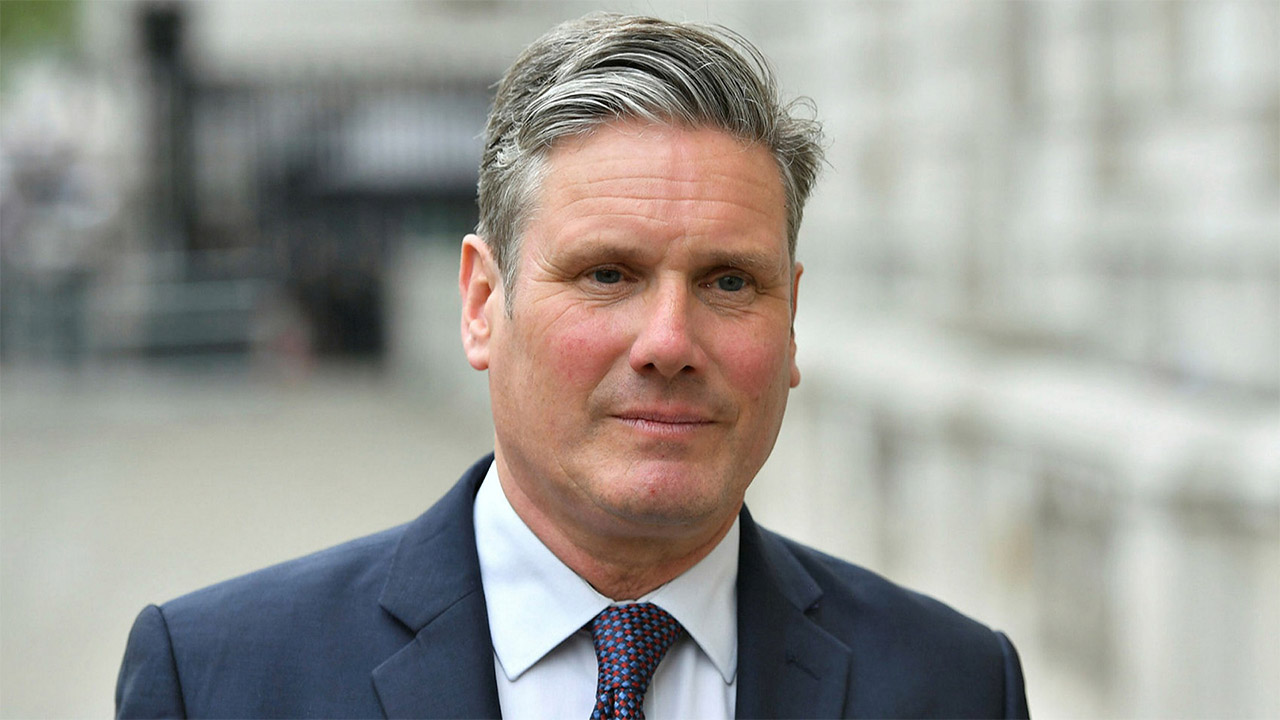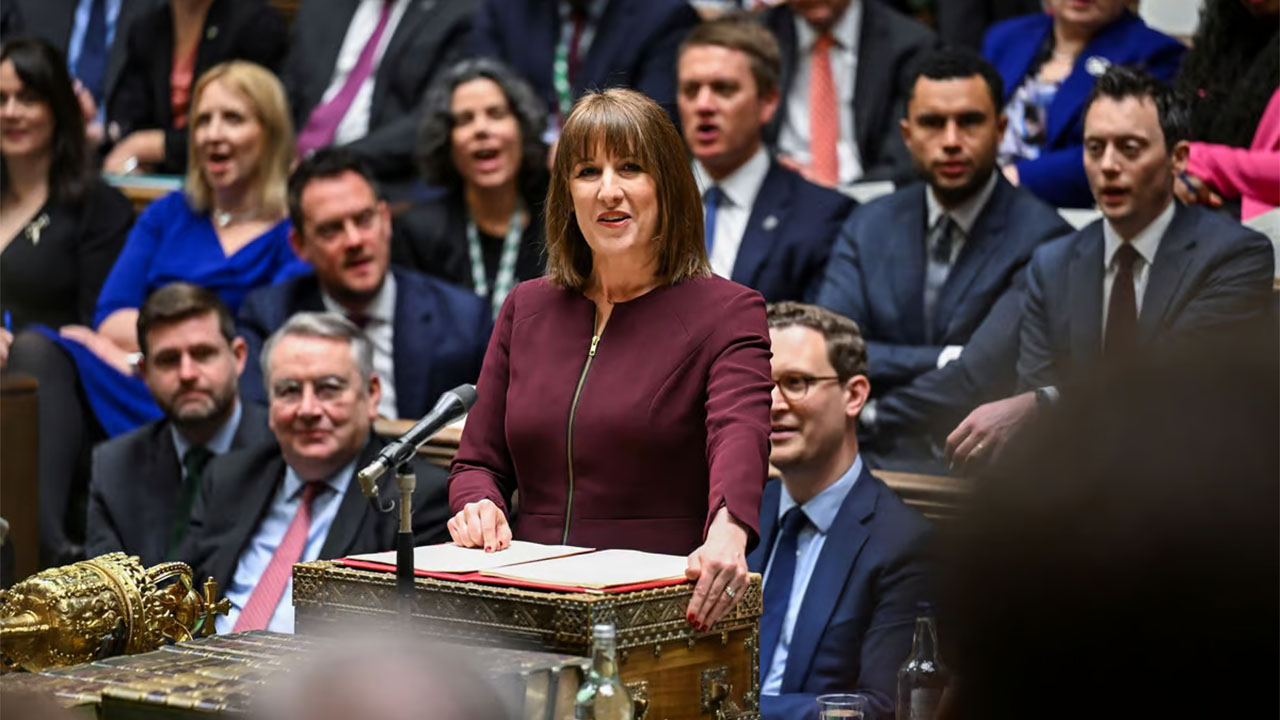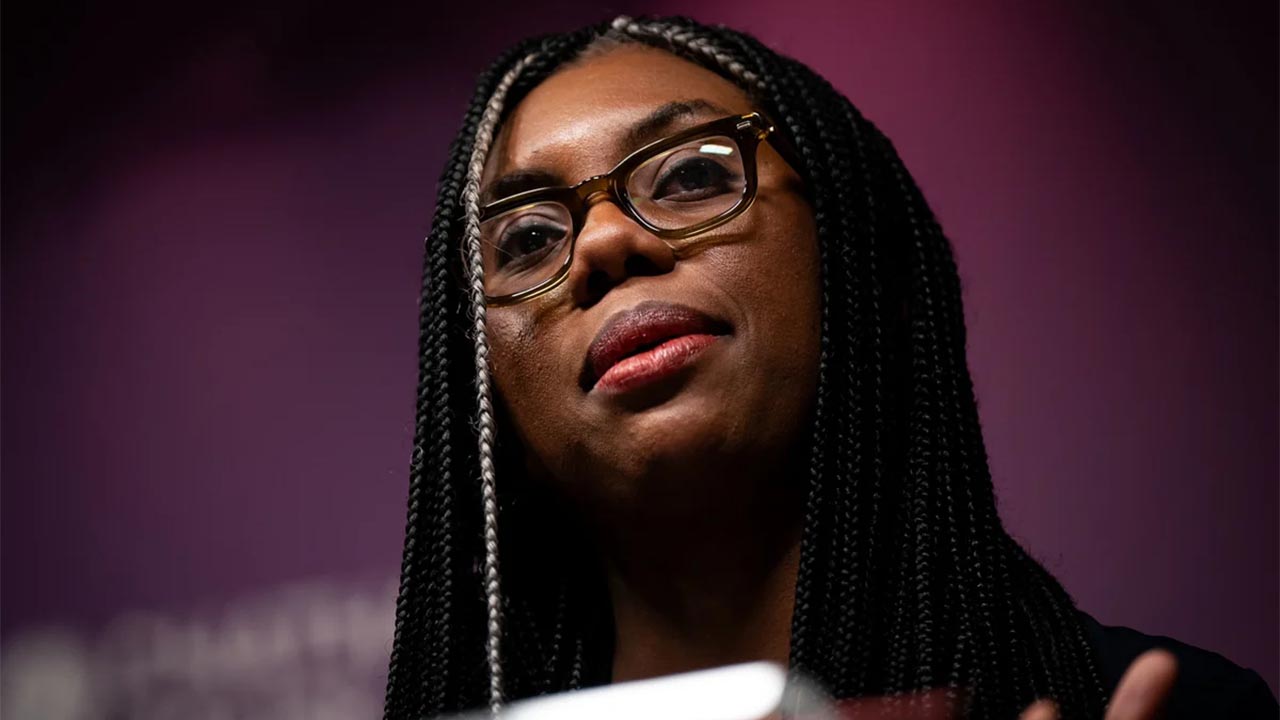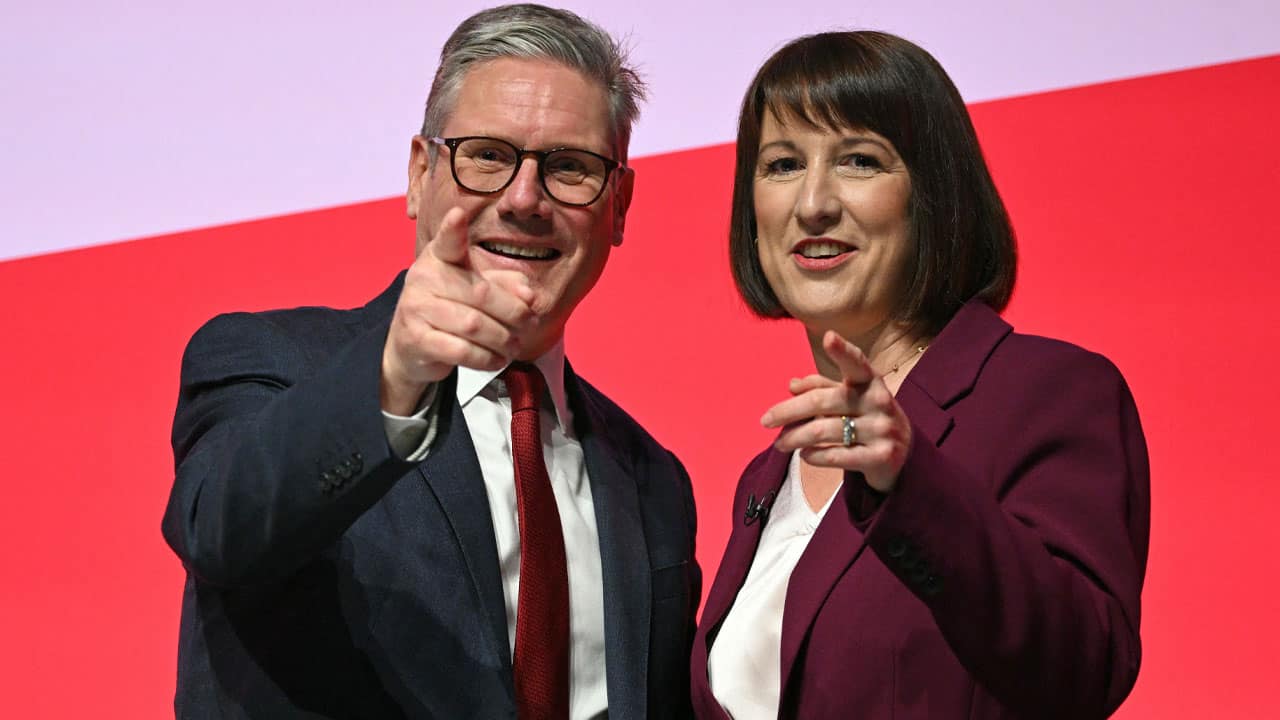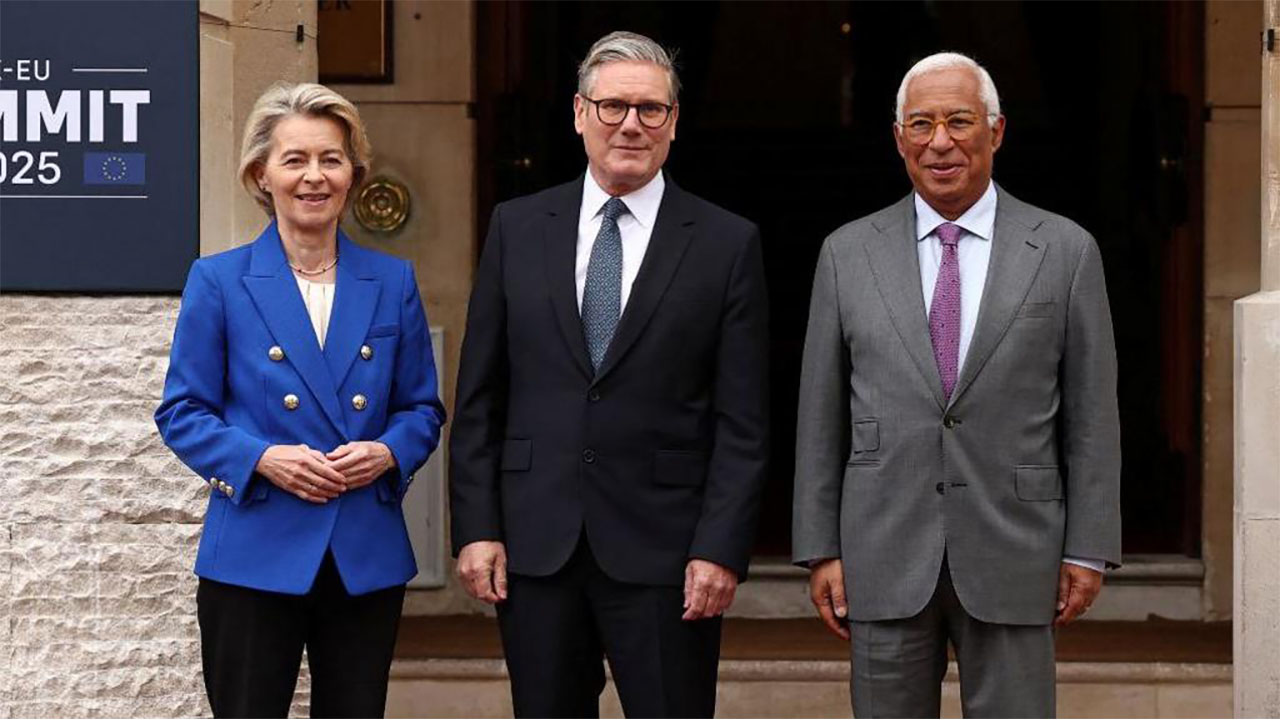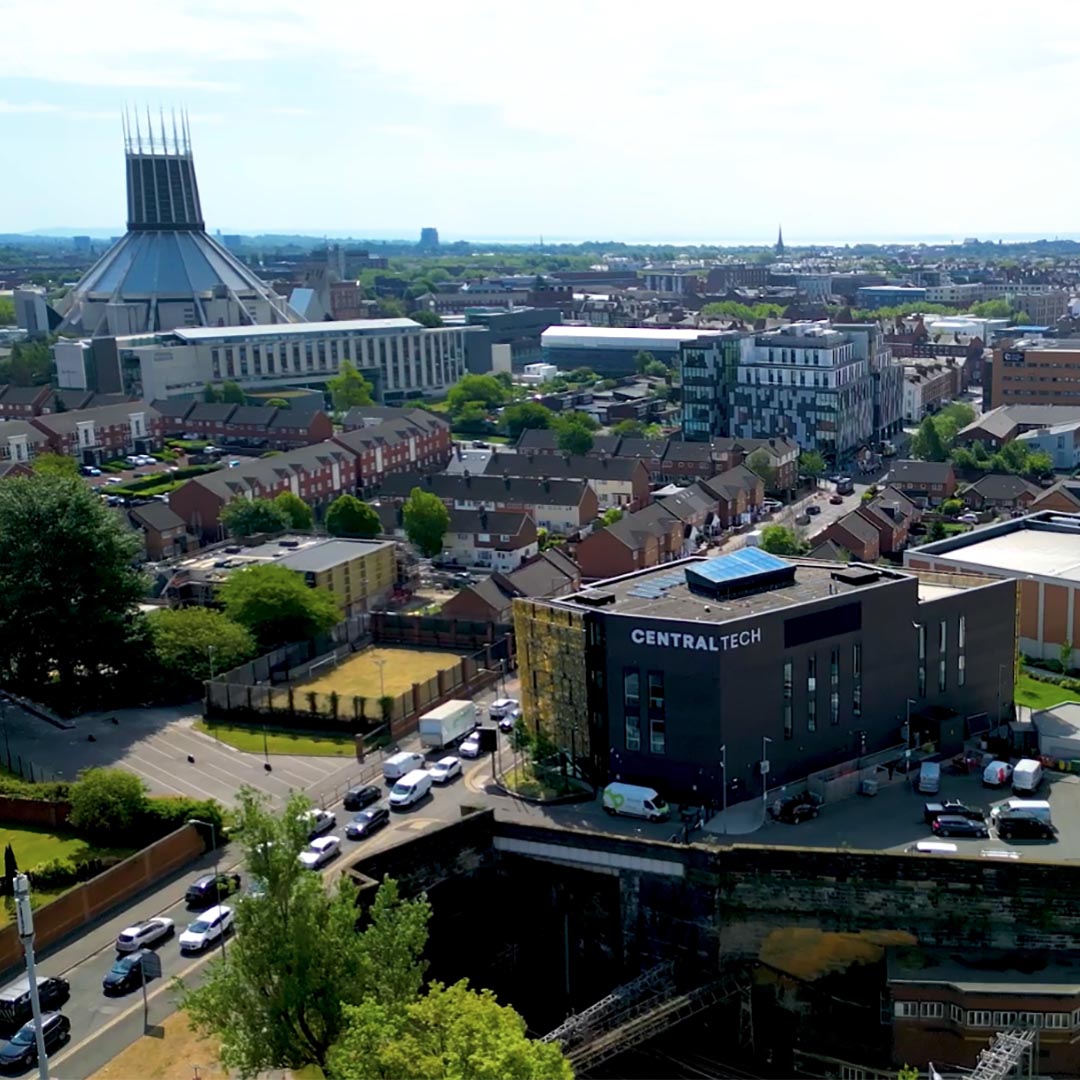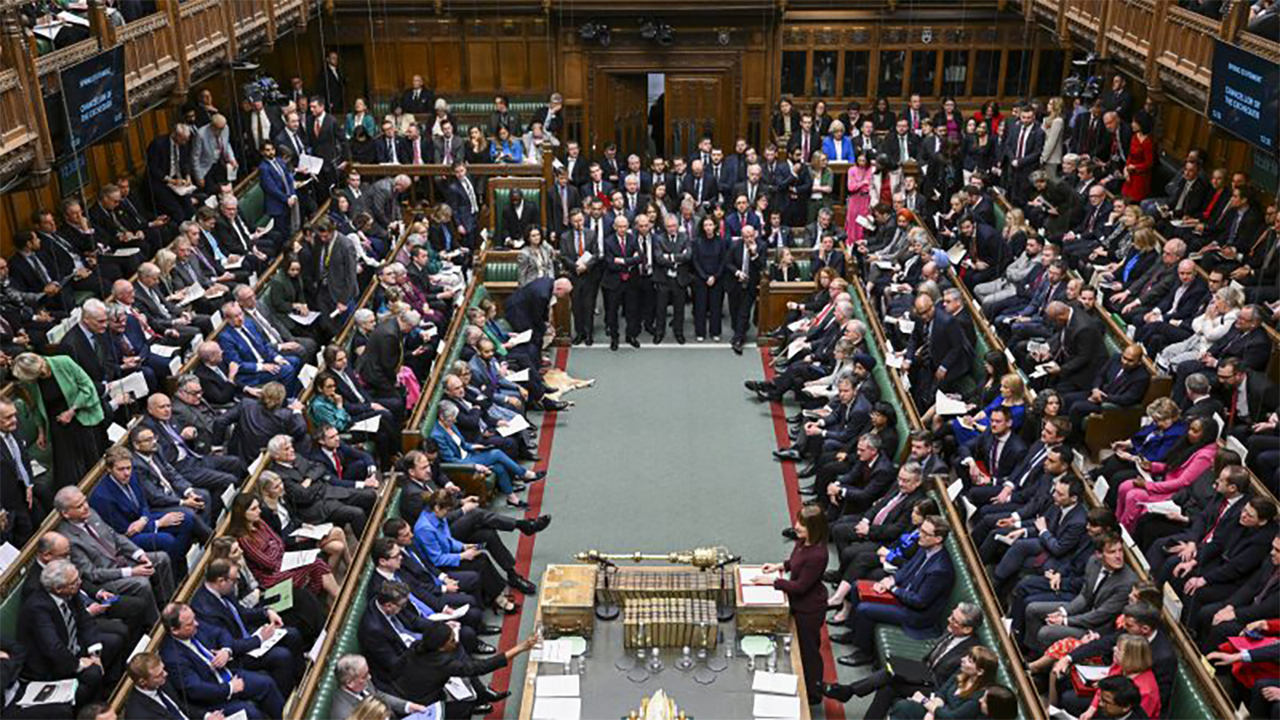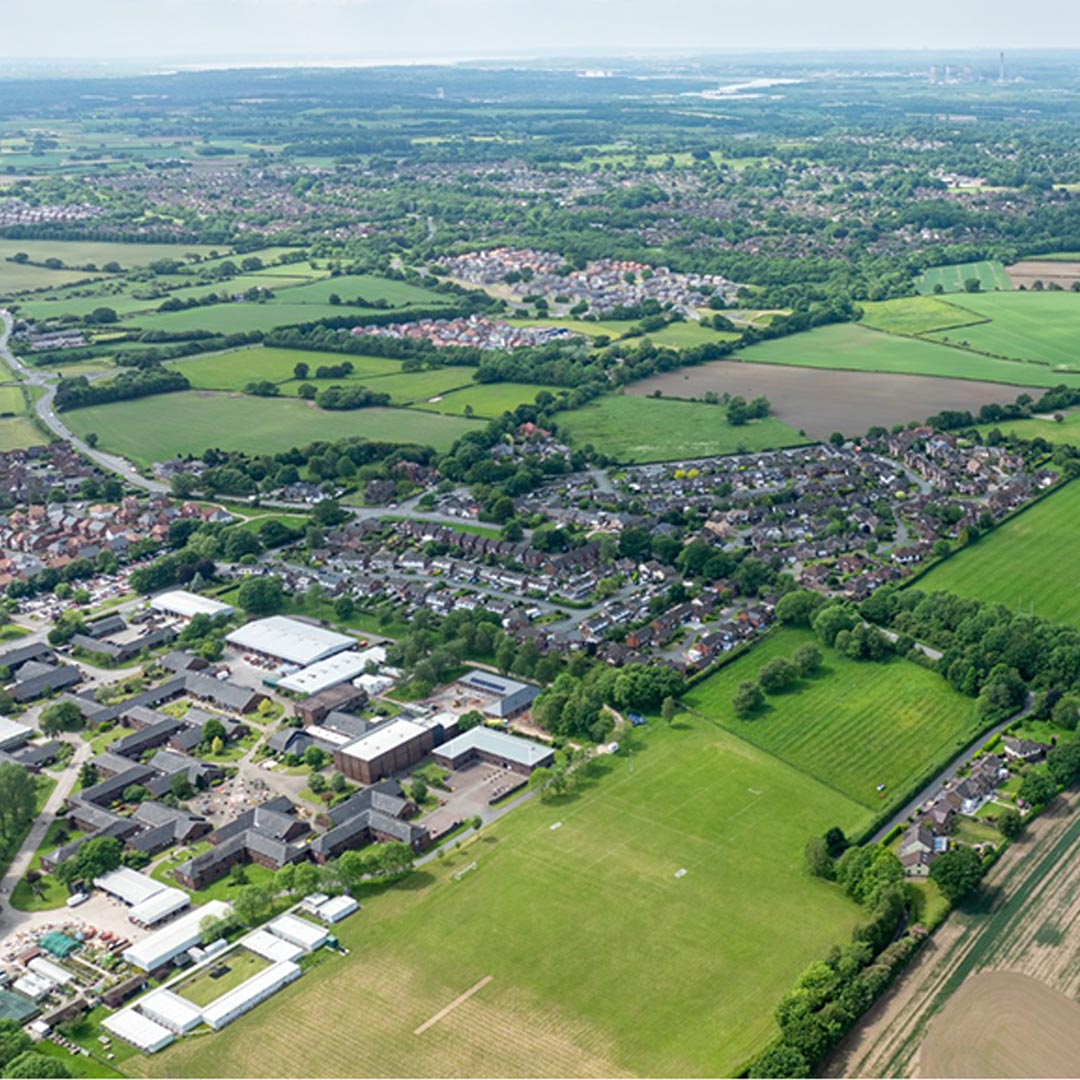Last weeks local election results gave Labour its best night at the polls in over a decade. The party gained north of 500 councillors, it controls more local authorities in England than it has done for over ten years, and the Tories lost over 1,000 seats.
Crucially, Labour won seats in the diverse range of places it will need to secure if they are to form a government in 2024, from Medway to Middlesborough – and their lead over the Conservatives is around ten per cent.
It was somewhat baffling, therefore, to hear a narrative develop over the course of the post-election weekend, suggesting that the results were evidence that Keir Starmer was not doing enough as Labour leader. Surely, given the trials and tribulations of the government – three prime ministers, four chancellors, party-gate, bullying, and a crashed economy – the opposition ought to be at least twenty points ahead by now.
In normal times, that would be a fair analysis. However, to draw this conclusion is to forget the absolute car crash of a party Starmer inherited just a little over three years ago.
Jeremy Corbyn had made Labour toxic to a vast number of traditional supporters of the party in the so-called Red Wall. The EHRC had found the organisation guilty of antisemitism, and they had been smashed to smithereens in the 2019 General Election, suffering its worst defeat in living memory.
Against this backdrop, had you offered most Labour activists the prospect of electoral survival thirty-six months ago, they would have bitten your hand off. To find themselves on the cusp of overturning the Conservatives parliamentary majority of 64 is beyond their wildest dreams.
For sure, Starmer and Labour have not sealed the deal yet. Most pollsters predict that, on the back of last weeks results, a hung parliament is the most likely outcome of a 2024 poll.
Nevertheless, few are suggesting that Starmer will not lead the largest party – and even fewer will believe that Rishi Sunak would be able to seduce the Liberal Democrats into a coalition, given the third party’s previous experience of supping at the altar of Conservatism.
Commentators should be asking not why Keir has not created a 1997 Tony Blair moment. They should be in awe of his ability to have secured a 2010 David Cameron position.
He has made people take a look at Labour afresh. He has rid his party of the more extreme elements that were turning voters off. He has regained his party’s reputation as a credible political force. He has made Labour electable again. To have done so in a three-year period that included lockdowns and the pandemic is a remarkable feat.
In 2010 the electorate had had enough of Gordon Brown’s government. 13 years in, an economic downturn, and just a feeling that the country needed a change was the general mood across the country. But voters didn’t quite trust that Cameron had totally sorted the toxic Tories.
That didn’t stop him from becoming prime minister though. I get the sense we are in very similar territory right now – and that Starmer will be moving into 10 Downing Street in the Autumn next year – maybe with a little help from Ed Davey & Co.


